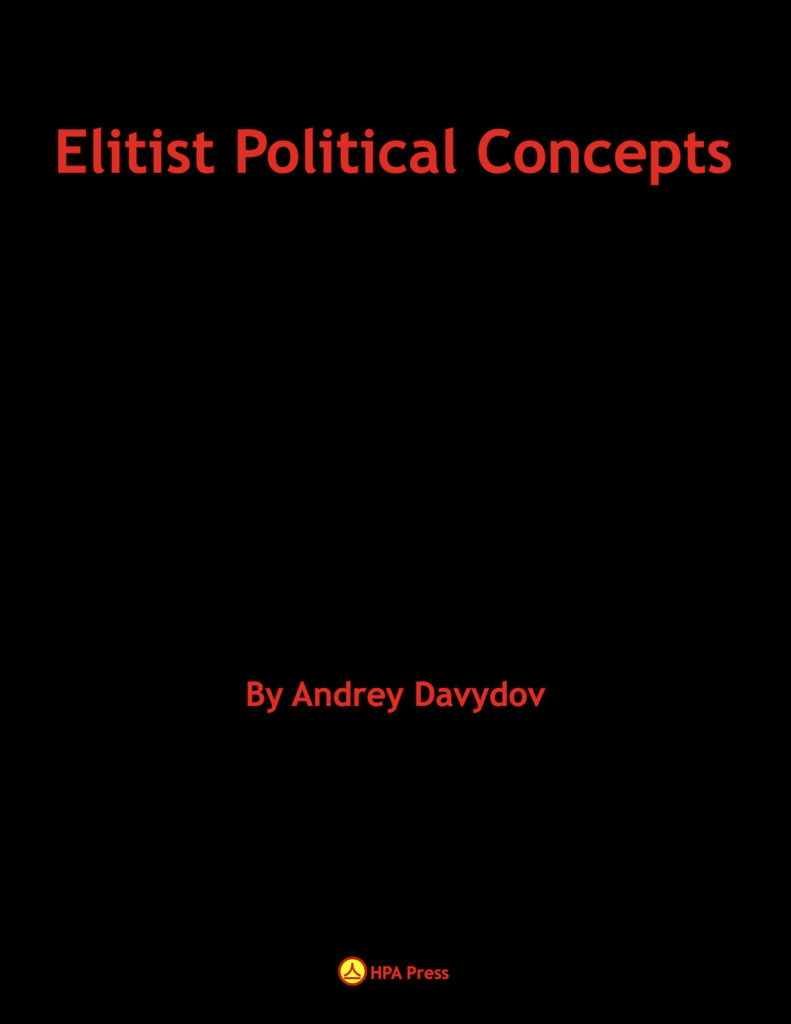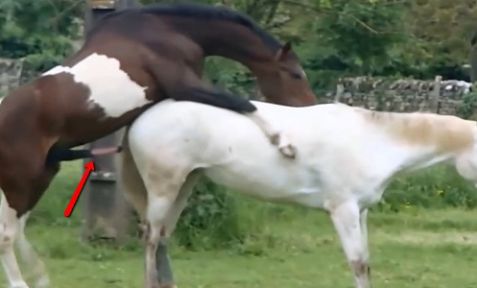
ISBN: 9781310822858
(Purchase an eBook or an AudioBook in English or in Russian.)
Elitist Political Concepts
Andrey Davydov
Translated by Kate Bazilevsky
Table Of Contents
Introduction
Fear Of Anarchism
State Is No Longer Power
Reorientation Of Elitism
The Elite Of Modernity
New Demographics
Conclusions
Bibliography
Introduction
Nietzsche said that power does not know saturation, and unchangeably power that no one yet possesses, longs to be possessed and so ultimately this does occur.
The period from Plato and Aristotle to Marx, Engels, Lenin, Dunning, C. Merriam, A. Bentley, W. Lippmann, H. Laski, D. Gentile, G. Burdeau, G. Mosca, V. Pareto, H. Lasswell, K. Arrow, G. Becker, and many others can be considered a preparatory period in the cardinal modernization of society. And, in this case Russia cannot do with modernization of the political subject. For now the situation is saved only because neither political science nor psychology or other adjacent fields have no unified approach to the study of this problem.
Belongingness to the clan-oligarchic elite model is not an automatic pass onto the path of becoming such elite as a subject of development. Becoming clan-corporate structures as a subject of development in the modern development of civilization is difficult due to constraints of systemic nature. The division of the world system into producing information and consuming that information determines the limitations of possibilities of private political and financial subjects in resolving modernization problems of global (elitist) scale and actualizes strengthening of the role of an individual.
Consideration of the term “political elite” as a synonym of the concept of “political power” is largely an attempt to look at new values from the viewpoint of a political historian, who seeks analogues in the past. Unfortunately, today such excursus is unlikely to end in success because it is known that modern economic growth is distinguished by the primary role of scientific and technical progress, and intellectualization of main factors of production; intensity of Research and Development determines the level of economic development. According to predictions of experts, in the XXI century intellectualization of labor will become the main factor in global competition. Unfortunately, politics and politicians currently have only an indirect relation to such processes. They are more concerned with problems of power, state, and their own dislocation, as there is conviction in existence of political process as a perpetual motion machine. Unfortunately, it can only be concluded that as long as the elite takes care only of itself, as well as search, familiarization, distribution, and division of material resources—there cannot be any discussion about breakthrough into the world of the “select club” of intellectuals. In this club, the concept of “state” might already be nonexistent. And, one gets accepted there not based on merits or worth of personal capital, but based on the ability to meet requirements of a person of informational society of the “elite” class…
To read more purchase in English or in Russian.
Bibliography
Zenkevich, L. A. (Ed.). (1970). Zhizn zhivotnykh [Life Of Animals.]. Moscow: Prosveshcheniye.
Ushkov, A. M. (1995). Sravnitel’naya politologiya: Zapad – Rossiya – Vostok [Comparative Politics: West–Russia–East.]. Moscow.
Gariaev, P. P. (1997). Volnovoy geneticheskiy kod [Wave Genetic Code]. Moscow: Izdattsentr. ISBN 5781600221
Lobanov, V. V. (2001). Analiz gosudarstvennoy politiki [Analysis Of State Politics.]. Moscow: GUU.
Rakityansky, N. (2002) Modernizatsiya Rossii i politicheskaya elita [Modernization Of Russia And Political Elite.]. Vlast.
Danilevsky, N. Y. (2003). Rossiya i Yevropa [Russia And Europe.]. Moscow.
© 2005 A. Davydov.
Translation © 2014 K. Bazilevsky.
© 2014 HPA Press
All rights reserved.






